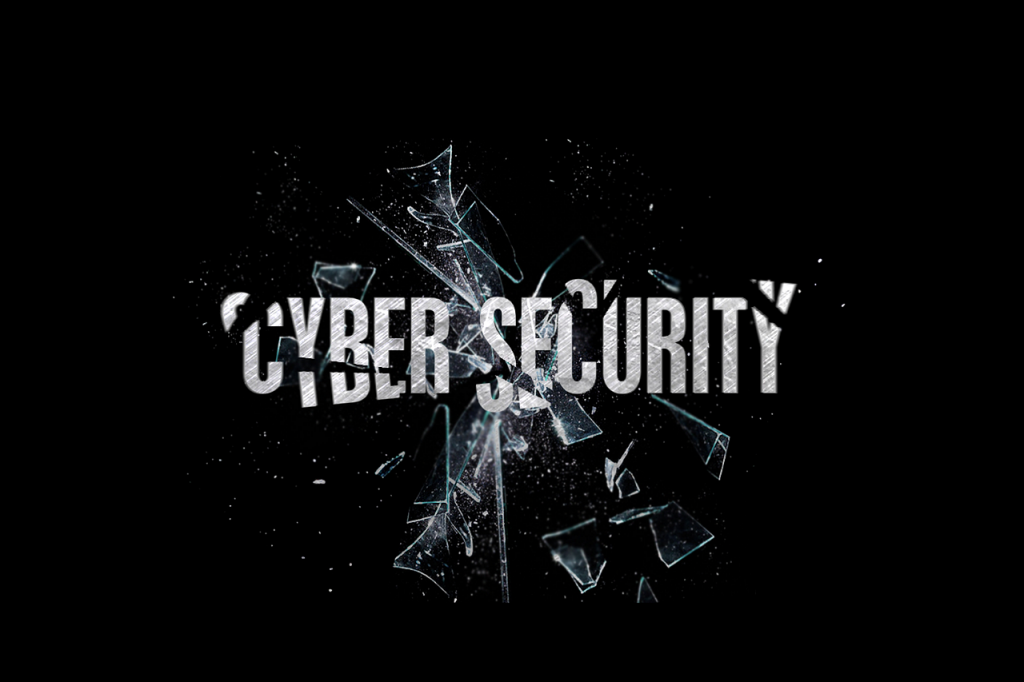Thanks to the marvels of the Internet, it’s become very easy to manage a business mostly online, and so Internet entrepreneurs are everywhere these days. However, a giant downside to handling most of your work via the web is the rather high possibility of cyber attacks and security breaches that can cause your startup a whole world of grief. It’s very easy to obtain information online if you’re skilled enough, even information that should never be leaked such as credit card credentials. Furthermore, with information technology developing as rapidly as it is, hackers are getting more and more proficient at their crafts and their tools are constantly improving.
Therefore, in order to run a successful startup, you’re going to have to take some steps in order to improve your cyber security. The following advice includes things that are rather easy to do, and most of the time you’ll find that they’re absolutely free.
Manage Passwords Securely
One of the most important aspects of cyber security involves how you handle your passwords. Unfortunately, most people tend to choose convenience over security, and that means that they’d rather have a simple password that they can remember easily, and even worse, then they use it for every online account they possess. If you’re going to stay secure and therefore make sure that your startup is secure as well, you’re going to have to change both your habits and the habits of your employees. That means difficult passwords, and changing all of them at least once a month.
Use a VPN
The ugly truth of cyber security is that Internet connections are not really all that secure without some additional protection. If you’re not very careful online, it’s highly possible that an experienced hacker can obtain some very sensitive information about you, and one of the best ways to prevent that is to set up your connection with some encryption. This can easily be achieved by using a VPN. The moment that your connection reaches Exporess VPN server, it’s encrypted with a secure tunneling protocol and split into packets in a process known as encapsulation, which significantly increases your security and privacy.
Phishing
Phishing sites are one of the most common ways that unsuspecting people get their private information stolen. All it takes is some basic malware capable of hijacking your DNS and leading you to a website that looks a lot like your Internet banking account, but is actually a fake website designed to steal your information. If you fall for it and enter your credit card credentials, the hacker has complete access to your account. Another common phishing method happens via social media, where a person adds you to their friend’s list and sends a fishy (pun intended) link to your inbox. You must absolutely refrain from clicking on links from anyone you don’t know, otherwise you’re risking at being the victim of a phishing attack.
Secure Your Website
To prevent your website from being the target of a DDoS attack or any other type of security breach, you’re going to have to set it up with at least some basic protection. If you use WordPress, there’s a wide array of security plugins that you can install and utilize in order to prevent any nasty activity. It’s also a good idea to enable two-step authentication as a prerequisite of accessing the website itself, as that will ward off a large percentage of hackers depending on brute-force technology in order to access your account.
Mobile Security
Finally, as mobile devices are becoming more popular and more used for both entertainment and business purposes, you need to be aware of how using a smartphone can be a security risk for you and your startup. The main problem with mobile devices is the fact that they’re constantly on public wireless networks, which are generally considered to be pretty insecure.
This is because of the large number of simultaneous connections that are usually present within a public wireless network, which essentially means that everyone currently connected to the same wireless router is in a large LAN with everyone else. This is a major security flaw that hackers can easily exploit if the user is not careful enough, so if you can, you should avoid transmitting any valuable information over a public network.
Adam Ferraresi is 23 years old, but he first became interested in writing when he was in high school. Today he’s a successful web developer living in Dallas, Texas, and one of the most trusted writers at wefollowtech.com. In his free time, he’s an avid mountain climber and enjoys playing basketball with his friends.

